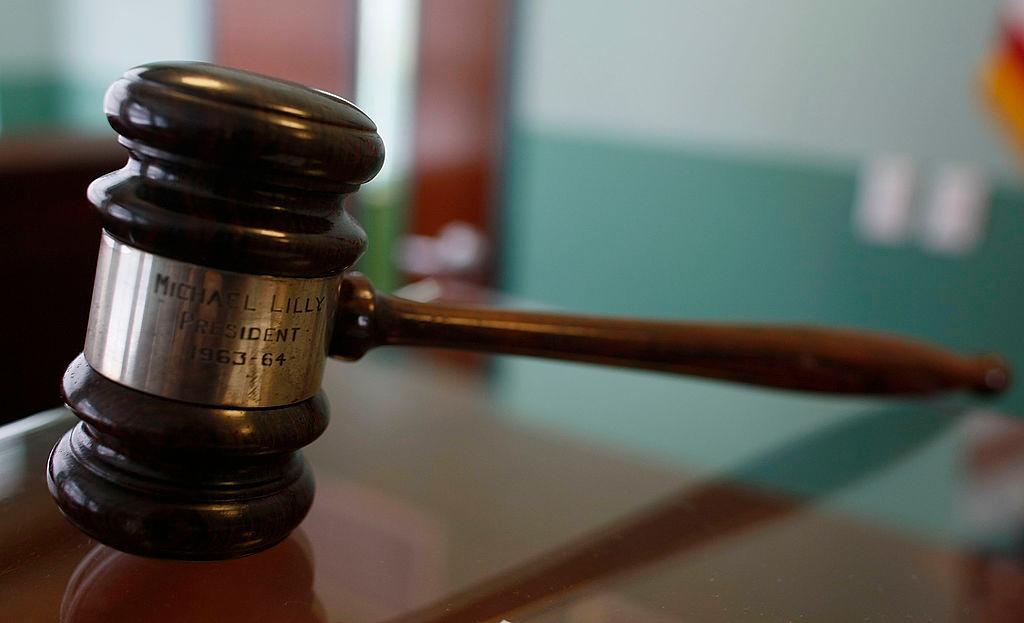A Riverside County man was sentenced Nov. 14 to 102 months in federal prison for falsely obtaining over $6.6 million in COVID-19 small business relief funds.
Muhammad Atta, 39, of Corona, was also ordered by the judge to pay about $6.64 million in restitution.





